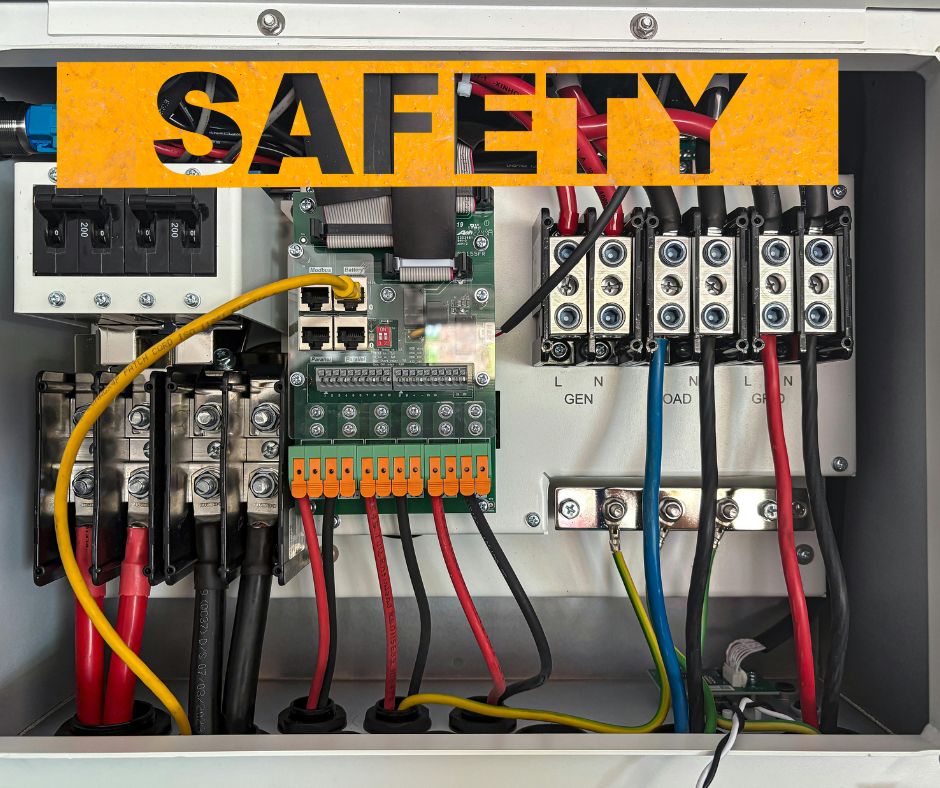
As Nairobi continues to grow into a modern urban hub, one area remains critical across industries electrical safety. Whether you work in construction, maintenance, manufacturing, or even in office administration, understanding how to manage electrical risks is no longer optional. That’s why electrical safety training in Nairobi has become a top priority for both individuals and organizations heading into 2025.
Why Electrical Safety Matters in Nairobi
Electrical hazards are one of the leading causes of workplace injuries and property damage in Kenya. From exposed wiring in residential estates to overloaded circuits in commercial buildings, the risk is real and often underestimated. Nairobi’s booming construction and industrial sectors only increase these risks. As regulations tighten, companies and workers alike are looking to electrical safety training in Nairobi to ensure they meet compliance and reduce accidents.
Not only does proper training help prevent injuries and fatalities, but it also reduces downtime, equipment damage, and costly fines from regulatory bodies such as OSHA and KEBS. Investing in safety training is investing in long-term operational efficiency.
What to Expect in Electrical Safety Courses
Modern electrical safety training in Nairobi is more than just a classroom lecture. Reputable training providers offer hands-on sessions, real-world simulations, and post-training assessments. The goal is to ensure trainees can apply what they learn in practical settings.
Topics commonly covered include:
- Identification of electrical hazards
- Proper use of Personal Protective Equipment (PPE)
- Safe installation and maintenance of electrical systems
- Emergency response procedures
- Legal and compliance requirements
- Risk assessment and reporting protocols
Many training institutions now tailor their programs for different job roles whether you are an electrician, technician, facility manager, or safety officer.
Who Should Enroll?
Electrical safety training in Nairobi isn’t just for electricians. It’s essential for:
- Construction workers
- Facility maintenance teams
- Industrial plant staff
- Office administrators managing electrical equipment
- Safety officers and compliance managers
- Engineering students and recent graduates
By enrolling, these professionals not only enhance workplace safety but also boost their employability and credibility in a competitive job market.
Where to Find the Best Electrical Safety Training in Nairobi
One standout provider is Texas Solutech, a trusted name in technical training and safety education. Texas Solutech’s training programs are designed with a strong practical component, enabling trainees to confidently apply safety measures in the real world. Their courses align with Kenya’s national standards and global best practices, making them suitable for both local and international job placements.
Here’s what sets Texas Solutech apart:
- Certified and experienced trainers
- Modern training equipment and facilities
- Real-case scenario simulations
- Flexible schedules including weekends
- Competitive pricing
- Post-training support for companies
Whether you’re a business looking to train an entire team or an individual aiming to strengthen your resume, Texas Solutech makes electrical safety training in Nairobi accessible and effective.
2025: The Year to Prioritize Safety
If 2024 taught us anything, it’s that unpreparedness can cost lives, property, and profits. With increasing awareness and tightening regulations, 2025 is the year to get ahead. Don’t wait until there’s an incident to implement safety practices. By investing in electrical safety training in Nairobi, you protect not just your workplace but your future.
Conclusion
Electrical risks are preventable, but only with the right training. Whether you’re looking to stay compliant, reduce incidents, or upskill yourself or your team, the time to act is now. Choose quality, choose compliance, and choose safety with electrical safety training in Nairobi from trusted providers like Texas Solutech.

